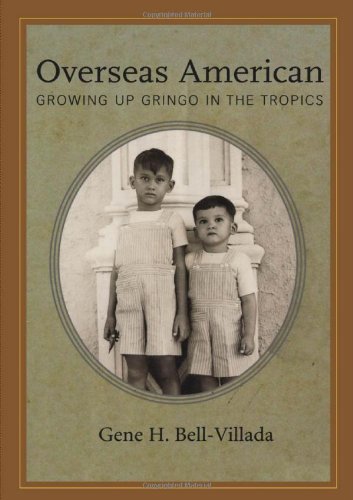Q&A with Carlos E. Cortés, author of “Rose Hill”Posted in Articles, Autobiography, Interviews, Latino Studies, Media Archive, United States on 2015-02-05 02:02Z by Steven |
Q&A with Carlos E. Cortés, author of “Rose Hill”
Heyday
2012-03-21
A poignant memoirist, Carlos E. Cortés brings his past to life in Rose Hill: An Intermarriage before its Time, portraying multiracial relationships and the impact they had on the development of his identity. Sometimes hilarious and at times tragic, this powerful narrative takes the reader on a journey of self-realization that speaks to us on both personal and universal levels.
Let’s start at the beginning. Why did you write your memoir?
Actually, it started as a gift to my family. I simply wanted to chronicle family stories and personal recollections in a roughly chronological format, with the hope that others in the family would later add their own stories. I wasn’t thinking about publishing it…
…Let me change the subject. Multiracial and culturally mixed families are much more common now than while you were growing up. Do you think it’s still just as difficult for a child to negotiate a mixed cultural background?
I hope not. I think not. My mixed-identity experience of growing up was set in a particular time and place: racially-segregated, religiously-divided, class conscious early post-World War II Kansas City, Missouri.
I’ve interacted with lots of young people, including high school students, who have seen “A Conversation with Alana.” Those interactions have made it clear to me that having a mixed background can still involve special challenges. However, America today is much more open to “mixed” people…
Read the entire interview here.



